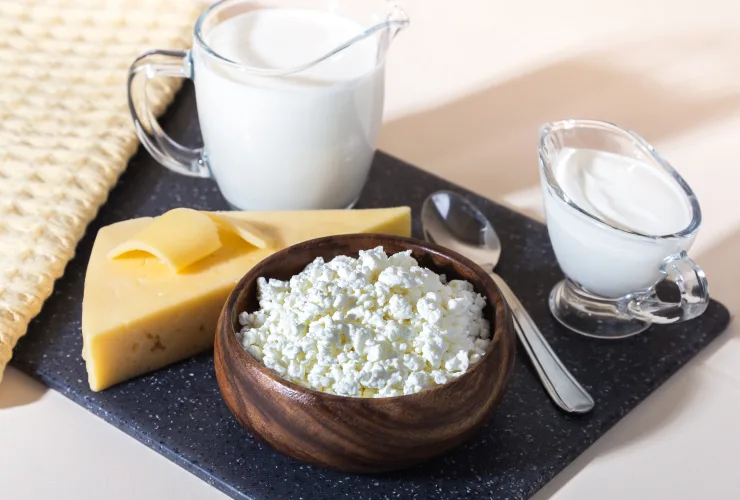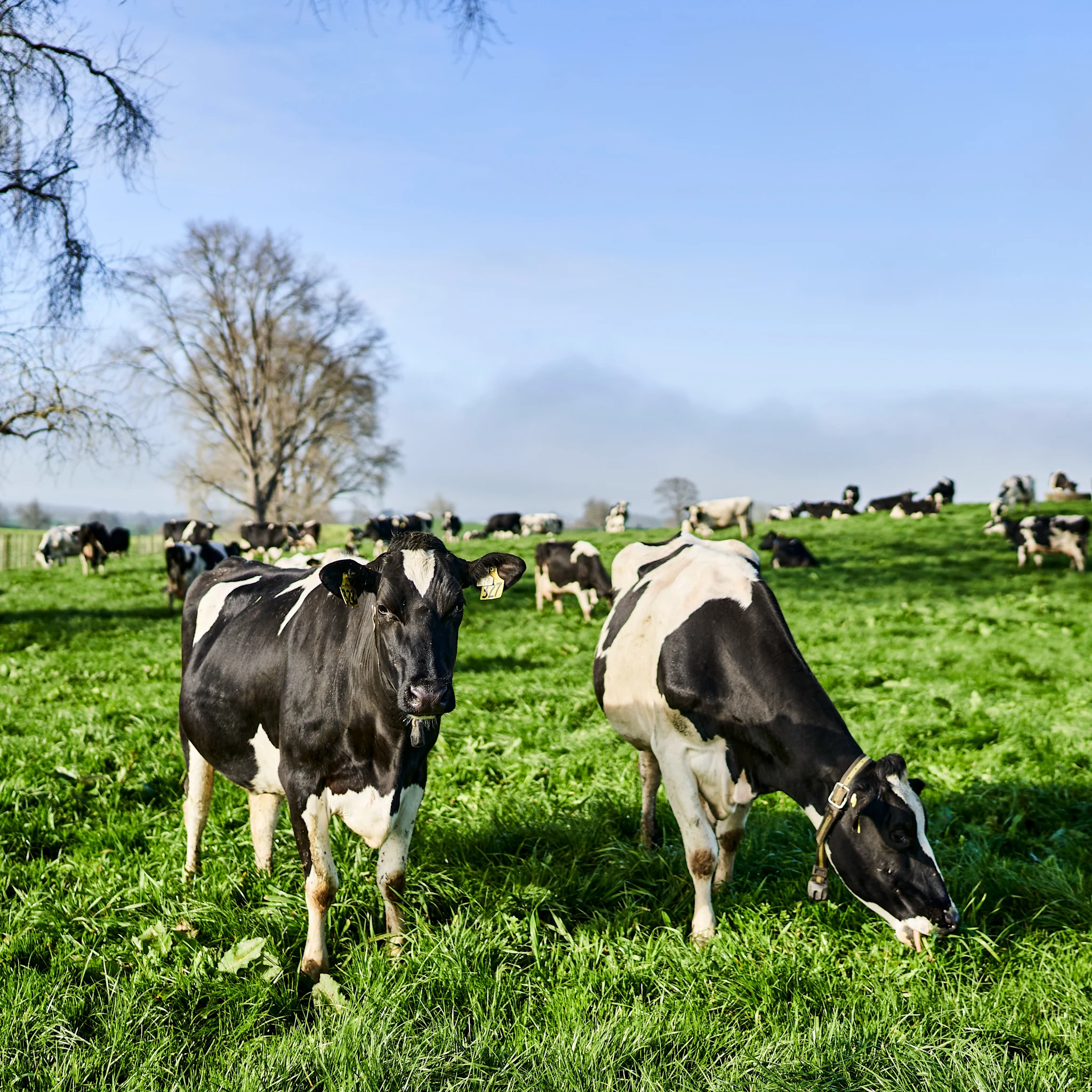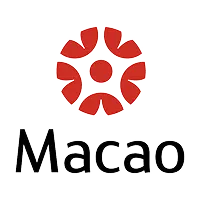Indulge in the finest cheese products crafted with quality and passion. Explore our selection to elevate your creations today.
Say cheese
Tangy. Mild. Stretchy. Crumbly. If you want to transform dishes with diverse tastes and textures, you can’t do much better than adding cheese. No wonder it tops some the world’s best-loved foods, from cheddar on burgers to mozzarella on pizzas. Because of this, it’s always in high demand. So we’re on the ground around the globe, sourcing cheese products at scale to make sure you can get the continuous, reliable supply of cheese you need. Plus our logistics, Vendor Managed Inventory (VMI) and flexible contract options mean we can add value at every step. Just say the word.

Explore cheese products
From cheddar aged to your specification. To mozzarella ready to slice, grate and pack to perfection. Or cheese analogue to fit specific dietary or functional needs. Our experts can slice and dice your cheese sourcing needs exactly as desired.

Casein
This protein-rich dairy ingredient extracted from skimmed milk is perfect for boosting protein content and enhancing texture in a variety of applications. Whether for indulgent treats or healthy options, casein adds value and delicious appeal to your products—and we can supply it with quality and at quantity.

Supply chain
The world of cheese on a plate
From Australia, the Pacific Islands, the US and the EU, we have a vast global network of cheese manufacturers to source from. Paired with our in-house analysts and traders, we have the intel and the buying power to offer a continuous supply at competitive rates. With flexible payment plans and reliable logistics solutions too, it’s a tasty proposition.
Why choose us for cheese?
What you want, when you need it—we strive to deliver continuous, undisrupted supply with assured quantities.
Risk mitigation and financial flex—fixed price, index-linked and embedded contract options plus over-the-counter trading and credit plans.
Support at every step—with distribution centers, end-to-end supply chain solutions and Forex Management.







